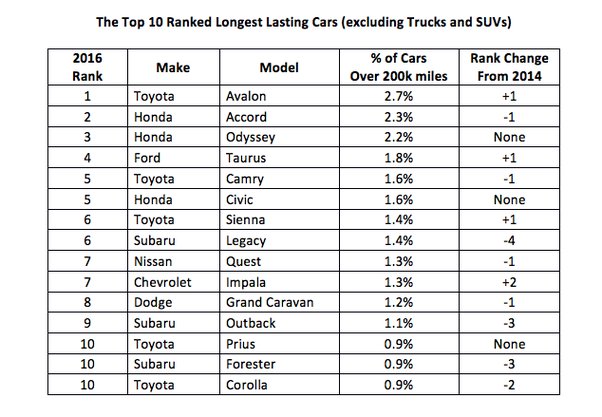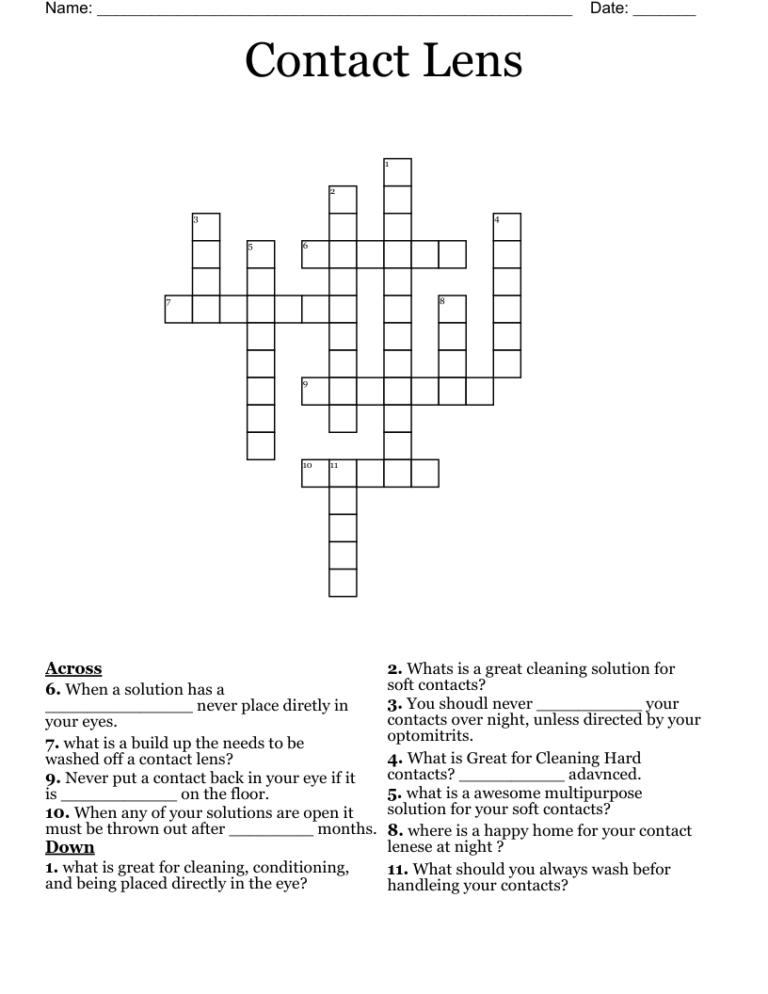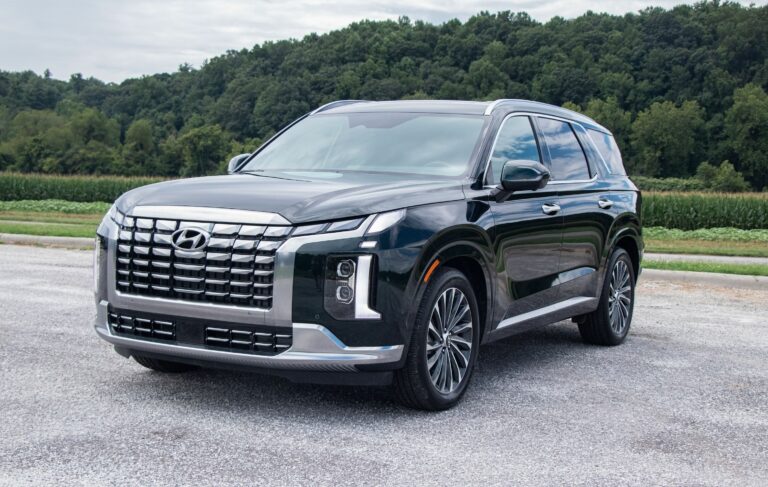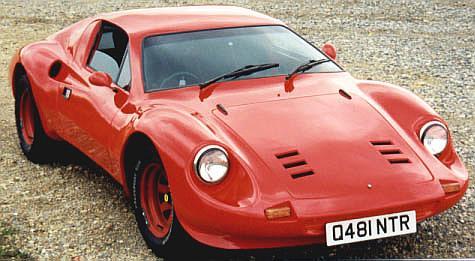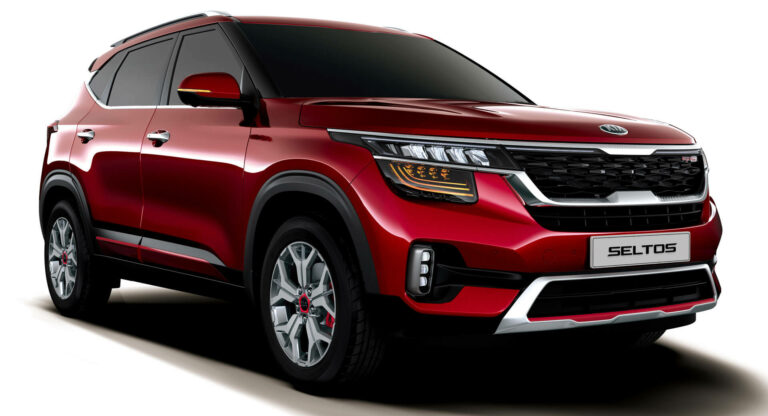What’s The Best Luxury Car Brand? A Comprehensive Guide to Automotive Excellence
What’s The Best Luxury Car Brand? A Comprehensive Guide to Automotive Excellence cars.truckstrend.com
The quest for "the best luxury car brand" is a journey fraught with subjective opinions, cutting-edge technology, unparalleled craftsmanship, and a deep understanding of what truly defines automotive opulence. It’s not merely about the most expensive vehicle, nor solely about the fastest. Instead, the concept of "best" in the luxury automotive sphere encompasses a symphony of attributes: design prowess, material quality, performance engineering, technological innovation, brand heritage, and, crucially, the emotional connection and ownership experience it offers.
In a market brimming with prestigious marques, each claiming a unique slice of automotive excellence, identifying a single "best" brand becomes less about a definitive answer and more about aligning a brand’s core philosophy with an individual’s desires and priorities. This comprehensive guide will delve into the multifaceted world of luxury automobiles, helping you navigate the options and discover what truly constitutes the pinnacle of automotive luxury for you.
What’s The Best Luxury Car Brand? A Comprehensive Guide to Automotive Excellence
Defining Luxury: Beyond the Price Tag
Before we crown a "best," it’s vital to understand what elevates a vehicle from merely premium to genuinely luxurious. Luxury in the automotive context is a holistic experience, encompassing:
- Exceptional Craftsmanship & Materials: Think hand-stitched leather, real wood veneers, precision-milled metals, and obsessive attention to detail in every seam and surface.
- Superior Comfort & Refinement: This includes whisper-quiet cabins, supremely comfortable seating, sophisticated suspension systems that glide over imperfections, and advanced climate control.
- Cutting-Edge Technology & Innovation: Seamless integration of intuitive infotainment, advanced driver-assistance systems, innovative safety features, and often, pioneering electric powertrains.
- Exemplary Performance & Driving Dynamics: Whether it’s the effortless surge of power, razor-sharp handling, or a serene, composed ride, the driving experience is meticulously engineered.
- Brand Heritage & Exclusivity: A rich history of innovation, racing success, or royal patronage often contributes to a brand’s mystique and perceived value. Exclusivity, whether through limited production or high price points, also plays a role.
- Unrivaled Ownership Experience: This extends beyond the purchase to include concierge services, bespoke customization options, comprehensive warranties, and a service network that anticipates every need.

A high price is merely a consequence, not a definition, of luxury. True luxury cars offer an experience that transcends mere transportation, transforming every journey into an event.
Key Criteria for Evaluating Luxury Car Brands
To objectively assess the contenders for "best luxury car brand," we must consider several critical dimensions:

1. Performance & Driving Dynamics
This isn’t just about raw horsepower; it’s about how the power is delivered, the responsiveness of the steering, the balance of the chassis, and the overall feel behind the wheel. Some brands prioritize exhilarating sportiness, while others focus on serene, effortless cruising.
2. Comfort, Interior & Craftsmanship
The cabin is the sanctum of a luxury vehicle. Key aspects include the quality and feel of materials, ergonomic design, seat comfort, noise isolation, and the ambient environment created by lighting and climate control. Craftsmanship involves the precision of assembly and the artistry evident in every detail.
3. Technology & Innovation
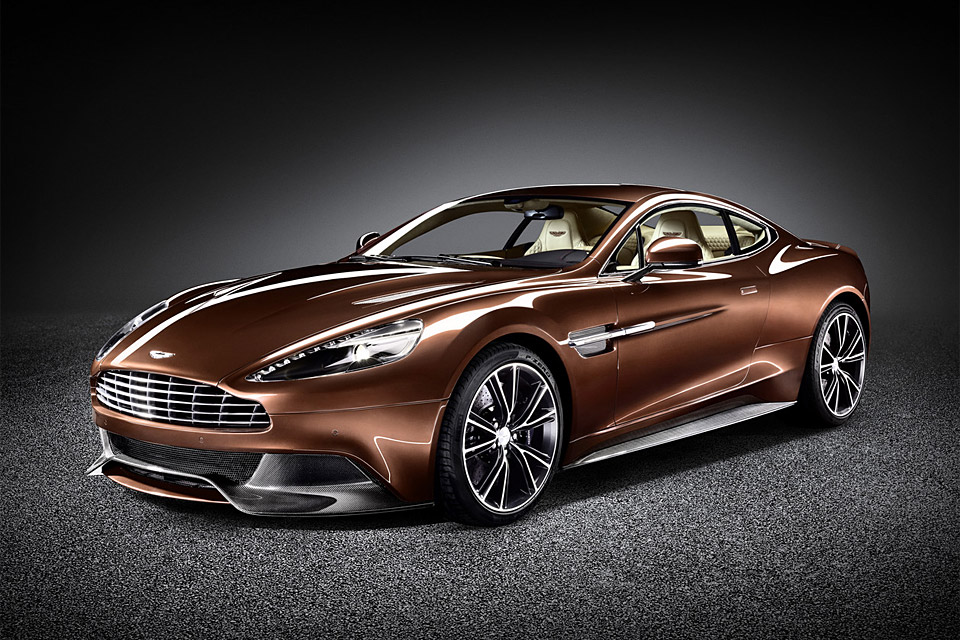
Modern luxury cars are mobile tech hubs. This includes advanced infotainment systems, sophisticated navigation, comprehensive driver-assistance systems (ADAS), seamless connectivity, and increasingly, pioneering electric vehicle (EV) technology and autonomous driving capabilities.
4. Design & Aesthetics
Both exterior and interior design contribute to a brand’s identity and appeal. This encompasses timeless elegance, bold futuristic statements, or a harmonious blend of classic and contemporary elements. A luxury car should look and feel exceptional.
5. Brand Heritage & Prestige
The legacy of a brand often plays a significant role in its perceived luxury. Brands with a long history of innovation, racing victories, or serving discerning clientele carry an inherent prestige that newer marques must work to build.
6. Reliability & Ownership Experience
While luxury cars are complex machines, reliability is still crucial. A brand’s reputation for durability, the quality of its service network, warranty offerings, and even resale value contribute to the overall ownership experience.
7. Sustainability & Future-Proofing
As the automotive world shifts towards electrification, a brand’s commitment to sustainable practices, hybrid and EV offerings, and future-forward vision is becoming an increasingly important factor for many luxury buyers.
Top Contenders for "The Best" Title
Given the diverse criteria, no single brand universally reigns supreme. Instead, several brands excel in specific aspects, making them "best" for different types of buyers:
The Traditional Titans of Ultimate Luxury & Comfort:
- Rolls-Royce: Unquestionably the epitome of ultra-luxury. Known for bespoke craftsmanship, unparalleled comfort, "waftability" (effortless ride), and status. Not about speed, but absolute serenity and presence.
- Bentley: Blends Rolls-Royce level luxury with a sportier edge. Exquisite materials, powerful engines, and a more driver-focused experience while maintaining supreme comfort.
- Mercedes-Benz (especially Maybach & S-Class): A benchmark for luxury, technology, and comfort for decades. The S-Class is often considered the world’s best luxury sedan, and Maybach elevates it further with bespoke options and rear-seat opulence.
The Performance-Oriented Luxury Leaders:
- BMW: "The Ultimate Driving Machine." Known for engaging driving dynamics, powerful engines, and sophisticated technology, wrapped in a luxurious package.
- Porsche: Master of sports car engineering, extending its prowess to luxury SUVs (Cayenne, Macan) and sedans (Panamera), offering exhilarating performance without compromising on high-quality interiors.
- Audi: Characterized by "Vorsprung durch Technik" (progress through technology). Known for quattro all-wheel drive, sleek design, advanced infotainment, and a balanced blend of comfort and sportiness.
The Understated Elegance & Reliability Champions:
- Lexus: Toyota’s luxury arm. Renowned for exceptional reliability, serene cabins, unparalleled build quality, and a focus on customer service. Often offers a more understated, yet undeniably luxurious, experience.
- Genesis: Hyundai’s luxury brand. Rapidly gaining traction with striking design, feature-packed interiors, competitive pricing, and a strong emphasis on technology and value. A formidable new challenger.
The Innovative Tech & EV Pioneers:
- Tesla: While its interior materials might not match traditional luxury brands, Tesla defines luxury through cutting-edge technology, blistering electric performance, extensive charging infrastructure, and unique user experience.
- Lucid Motors: A newer entrant focusing purely on electric luxury. The Lucid Air boasts incredible range, performance, and a minimalist yet highly luxurious interior.
How to Choose Your Best Luxury Car Brand
Finding your personal "best" luxury car brand requires a thoughtful approach:
- Define Your Priorities: Are you seeking ultimate comfort, exhilarating performance, cutting-edge technology, or a blend of all? What about brand prestige or resale value?
- Set Your Budget: Luxury cars vary widely in price. Be realistic about what you can afford, including purchase price, insurance, maintenance, and potential depreciation.
- Research Extensively: Read reviews, watch videos, and compare specifications. Look at long-term reliability reports for brands you’re considering.
- Experience Firsthand: This is crucial. Test drive multiple models from different brands. Pay attention to how the car feels, the comfort of the seats, the intuitiveness of the controls, and the overall driving experience.
- Consider Your Lifestyle: Do you need an SUV for family and cargo, a sedan for daily commutes, or a sports car for weekend thrills? Your practical needs should influence your choice.
- Evaluate the Ownership Experience: Look into the brand’s warranty, service network, and reputation for customer service. A luxury car experience extends beyond the vehicle itself.
- Think Long-Term: How important is resale value to you? Are you comfortable with potentially higher maintenance costs associated with luxury vehicles?
Challenges and Considerations in the Luxury Market
Owning a luxury car comes with its own set of considerations:
- Depreciation: Luxury vehicles, especially those with high MSRPs, often depreciate faster than mainstream cars, particularly in the first few years.
- Higher Maintenance & Repair Costs: Specialized parts, advanced technology, and bespoke craftsmanship translate to higher service and repair expenses.
- Insurance Premiums: Due to higher value and repair costs, insurance for luxury cars is typically more expensive.
- Rapid Technological Evolution: What’s cutting-edge today might be standard tomorrow. Staying abreast of the latest features can be costly.
- Environmental Impact: While many luxury brands are embracing electrification, traditional internal combustion engine (ICE) luxury vehicles often have larger engines and higher emissions.
Practical Advice and Actionable Insights
- Don’t Buy the Badge, Buy the Experience: Resist the urge to simply pick the most famous or expensive brand. Focus on which vehicle truly enhances your driving and ownership experience.
- Consider Certified Pre-Owned (CPO): A CPO luxury car can offer significant savings while still providing a warranty and peace of mind, making luxury ownership more accessible.
- Leasing vs. Buying: Leasing can be an attractive option for luxury cars, allowing you to drive a new model every few years and avoid the brunt of depreciation and major repair costs.
- Focus on Your Needs: A Rolls-Royce might be the ultimate luxury, but if you need a nimble city car with advanced parking assist, a Mercedes-Benz C-Class or a well-equipped Audi A4 might be "best" for you.
Price Table: A Glimpse at Leading Luxury Car Brands
While "the best" is subjective, here’s a comparative look at some top luxury car brands, their core strengths, representative models, and typical starting price ranges (USD, subject to change based on trim, options, and market):
| Brand | Core Strength | Representative Model (Sedan/SUV) | Typical Starting Price Range (USD) | Key Differentiator |
|---|---|---|---|---|
| Mercedes-Benz | Ultimate Comfort, Technology | C-Class / S-Class, GLC / GLS | $48,000 – $115,000+ | Benchmark for traditional luxury, sophisticated tech |
| BMW | Driving Dynamics, Sporty Luxury | 3 Series / 7 Series, X3 / X7 | $45,000 – $100,000+ | Engaging driver experience, performance focus |
| Audi | Tech-Forward, Sleek Design | A4 / A8, Q5 / Q8 | $44,000 – $90,000+ | "Vorsprung durch Technik," Quattro AWD, minimalist design |
| Lexus | Reliability, Refinement, Value | ES / LS, RX / LX | $43,000 – $95,000+ | Quiet cabins, exceptional build quality, strong reliability |
| Porsche | Sports Car Performance, Luxury | 911 / Panamera, Macan / Cayenne | $60,000 – $130,000+ | Unmatched driving dynamics across all segments |
| Rolls-Royce | Unparalleled Ultra-Luxury, Bespoke | Ghost / Phantom, Cullinan | $350,000 – $500,000+ | Pinnacle of bespoke craftsmanship, serene ride, status |
| Bentley | Sporty Ultra-Luxury, Grand Touring | Continental GT / Flying Spur, Bentayga | $200,000 – $300,000+ | Blend of luxury, performance, and touring capability |
| Tesla | EV Innovation, Tech, Performance | Model 3 / Model S, Model Y / X | $40,000 – $100,000+ | Leading EV technology, OTA updates, minimalist interior |
| Genesis | Value, Modern Design, Technology | G70 / G80 / G90, GV70 / GV80 | $40,000 – $80,000+ | Premium features at a competitive price, bold styling |
Note: Prices are approximate starting MSRPs for base models and can vary significantly with trim levels, options, and market conditions.
Frequently Asked Questions (FAQ)
Q1: Is luxury car ownership worth the cost?
A1: For many, yes. The enhanced comfort, performance, safety, technology, and prestige offer a unique ownership experience that justifies the higher cost. However, it depends on individual priorities and financial comfort.
Q2: Which luxury car brand is the most reliable?
A2: Lexus consistently ranks among the top for reliability in the luxury segment, often followed by brands like Porsche and Genesis (though Genesis has a shorter track record). Mercedes-Benz, BMW, and Audi have made significant strides in reliability in recent years.
Q3: Do luxury cars hold their value well?
A3: Generally, luxury cars depreciate faster than mainstream vehicles, especially in the first few years. However, certain high-demand models, limited editions, or brands with strong resale reputations (like Porsche) can hold their value better than others.
Q4: What’s the difference between a "premium" and a "luxury" car brand?
A4: The line is often blurred, but "premium" typically refers to higher-end mainstream brands (e.g., Acura, Infiniti, Volvo) that offer enhanced features, quality, and performance over economy cars. "Luxury" brands elevate this further with bespoke craftsmanship, exclusive materials, advanced engineering, and an emphasis on the overall experience and brand prestige.
Q5: Are electric luxury cars the future?
A5: Absolutely. Most major luxury car brands are heavily investing in electric vehicles, recognizing that EVs offer silent, powerful, and technologically advanced platforms that align perfectly with luxury aspirations. The future of luxury is increasingly electric.
Q6: What’s the cheapest luxury car to maintain?
A6: Generally, Lexus tends to have lower maintenance costs compared to its German counterparts due to shared components with Toyota and a focus on long-term reliability. However, "cheap" is relative in the luxury segment; all luxury cars will cost more to maintain than economy vehicles.
Conclusion
The question "What’s the best luxury car brand?" ultimately has no single, definitive answer. It’s a deeply personal query that hinges on individual preferences, priorities, and lifestyle. The "best" for a performance enthusiast might be Porsche, while for someone seeking unparalleled comfort and serenity, it could be Rolls-Royce or a Mercedes-Benz S-Class. For the tech-forward, Tesla or Lucid might lead the pack, and for those valuing reliability and understated elegance, Lexus stands out.
The pursuit of the best luxury car is a journey of self-discovery, aligning a magnificent machine with one’s aspirations. By understanding the diverse facets of luxury, evaluating the leading contenders against key criteria, and considering practical implications, you can confidently identify the luxury car brand that truly resonates with your definition of automotive excellence.

